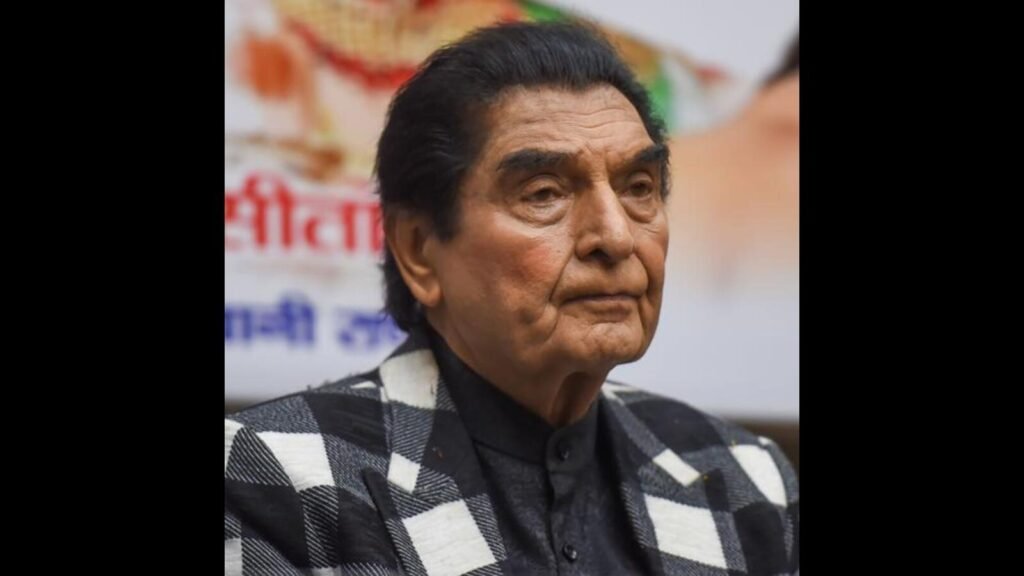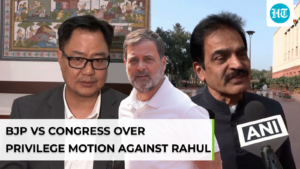
What will you remember Asrani for? Sholay, AbhimaanSince the death of the veteran actor was announced, a lot of obituaries and fan-posts on social media have mentioned his iconic dialogue from Sholay “I am a jailor of the British era.” Asrani acted in more than 300 films in Hindi and Gujarati. Some small, some big.

Despite such a mammoth filmography, if we choose to remember an actor for a specific role/dialogue from one film, it says something about our viewing of an actor’s body of work. It means that we have normalized stereotyping him to such an extent that it doesn’t even seem discordant anymore. Imagine the disappointment of the actor who is remembered for one role despite a vast filmography, while marginalizing everything else he has done on screen!
On TV shows and public events, Asrani was constantly asked to mouth the Sholay dialogue, sometimes to his irritation, which he didn’t hide. This dialogue is also entrenched in public memory because repetition doesn’t allow forgetting. Actors play along to not appear rude and to entertain their fans and stay in the public memory. This also seems the perfect illustration of the stereotyping of an actor by the industry, which, in turn, gets entrenched in public imagination, so much so that you refuse to think of the actor beyond that particular point of. reference. Asrani is one of the many who unwillingly submitted to this stereotype of the funny, comic actor. He could carry those roles with elan, but what other choice did Asrani have? To survive in the industry, you perform what is given to you. Audiences are the losers when an actor is boxed into a slot and denied the opportunity to essay a wide array of roles. Asrani became a perennial comic.
This is the perfect moment to remember Chala Murari Hero Banne (1977), a very different Asrani film, which he directed and acted in the lead role. Asrani created an opportunity for himself. The story features an ordinary individual, Murari, who aspires to be a Hindi film hero. Murari refuses to assist his father in his tailoring shop and runs away to Mumbai, where he becomes a big star. This is the story of many who chase Bollywood dreams in Mumbai, though few make it.
The 2000s saw Asrani in a new innings, largely owing to the Hindi films made by Priyadarshan — Hera Pheri, Maalamal Weekly, Bhool Bhoolaiyaamong others. I struggle to remember Asrani in these films or what he did in them. Is that entirely a function of memory, or how inconsequential those roles/performances were? That these could have been done by anyone else and you wouldn’t notice. An actor continues to work fearing obscurity. You are remembered as long as you are seen.
The Asrani story also makes us think about the fate of an actor in Hindi cinema. That so little of your filmography is under your control, especially when you don’t look a certain way. The Bollywood hero has to subscribe to a pre-determined template. When you don’t conform to the template, you become a character actor — another coinage that makes no sense. Every actor, including the lead of the film, is playing a character. So why divide and relegate? Here again, Asrani did not have a choice.
Kunal Ray is a culture critic and teaches at FLAME University, Pune. The views expressed are personal







